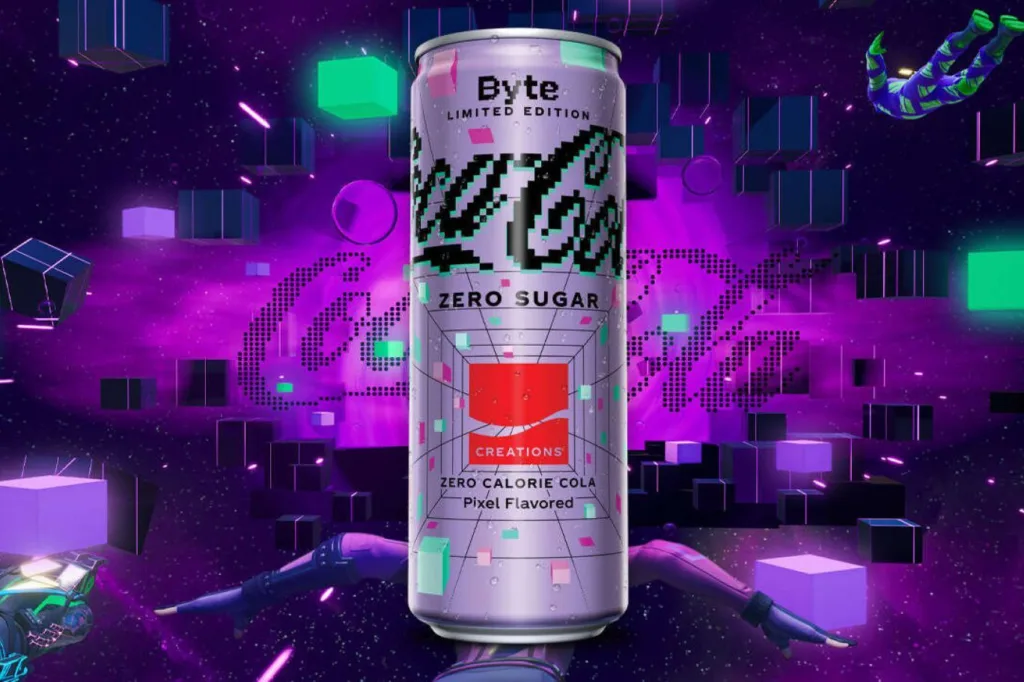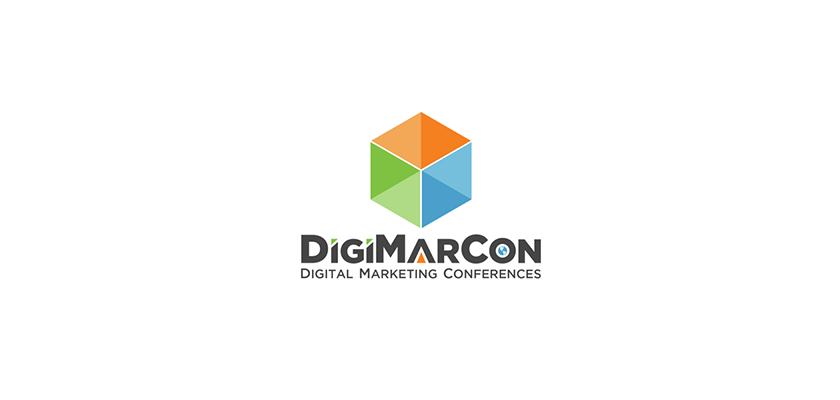
Metaverse Marketing: Essential Components, Key Verticals, and Winning Marketing Strategies
Are you ready to learn about the metaverse and how it may help your brand? This article will help you engage customers in realistic virtual environments by exploring into the metaverse’s building blocks, including hardware, software, and services. We’ll also look at interesting ways that many businesses, such as gaming and entertainment, could use this new area.
Understanding the metaverse helps you to create distinctive marketing strategies and stay ahead of the competition. However, it is necessary to recognize that there are obstacles to overcome. But with so many potential rewards, this article will help you with the knowledge and confidence you need to dive into the Metaverse.
The metaverse is no longer considered science fiction. Marketers can now connect with customers in immersive virtual settings, opening up new opportunities. We try to explore the complex structure of the metaverse market, deconstructing its essential components (hardware, software, and services) as well as the various verticals it covers (consumer, commercial, industrial, and so on). We’ll use analysis to highlight the tremendous opportunities and challenges that the metaverse holds for marketers, paving the path for effective tactics to prosper in this ground-breaking new space.
Key Characteristics of the Metaverse
Because the metaverse is virtual, it has several unique characteristics:
Persistent and Always Active: Unlike physical locations, the metaverse is constantly operational, offering continuous experiences for users.
User-Generated Content: User participation is critical for the metaverse to continue to grow as their contributions assist to improve the virtual world.
Fully Functional and Self-Contained: The metaverse aims to be a self-contained ecosystem that might include virtual economies, social interactions, and even work environments.
Virtual and Personal Identities: Users can create a virtual identity by integrating avatars in the metaverse.
Human Interface Technologies: Accessing the metaverse requires human interface technology such as VR headsets, AR glasses, and haptic feedback devices.
Open and Shared World through Decentralization: The metaverse aims to create an open and decentralized real world, ideally removing control from centralized entities.
Fully Functioning Economy: The potential of the metaverse lies in its ability to create powerful virtual economies that use digital currencies, NFTs or cryptocurrencies to manage transactions.
The Evolution of Marketing
Price, product, promotion, and place are the four P’s that are traditionally considered the basis of marketing. Marketing is the process of promoting and selling a business’s goods and services. But with metaverse marketing and advertising, the possibilities are endless. It has the potential to transform traditional marketing strategies by providing new opportunities for purchase and innovative ways to promote!
Marketing in Web 3.0 and the Metaverse
The internet has changed the way we market products and services. In the beginning, it was all about having a simple online presence and sharing information. But as technology evolved to Web 2.0, it became more centered on user-generated content and personalized advertising. Now, with the rise of Web 3.0 and the metaverse, marketing is expected to be even more interactive and dynamic than ever before.
Even now, over 400 million unique users access metaverse platforms each month, according to a Metaverse report. To reach these users, companies need to adapt their strategies and target their audience segments effectively. The metaverse market is expected to grow rapidly, reaching $426.9 billion USD by 2027. This spike is driven by factors such as media and entertainment, the expanding gaming industry, and new developments in VR, AR, and MR technologies. These advancements expand the reach and offerings of the metaverse to various industries, even enabling brand promotion through virtual experiences. The potential for growth is vast, with opportunities to create cutting-edge infrastructure, 3D environments, and user-focused experiences. This analysis lays the groundwork for a deeper dive into the specific components and vertical markets within the metaverse.

Metaverse Market by Component
The metaverse market comprises various components that enable virtual experiences:
Hardware: This includes hardware like Augmented Reality (AR) glasses, Virtual Reality (VR) headsets, and Mixed Reality (MR) devices that combine AR and VR. Additionally, displays specifically designed for interacting with virtual environments fall under hardware.
Software: Software supports the metaverse by providing the tools and features that enable these experiences. Key software components include:
- Development kits for AR, VR, and MR applications that streamline Extended reality (XR) software development.
- Game engines for creating interactive virtual environments, often used for building metaverse experiences.
- 3D mapping, modeling, and reconstruction tools for constructing realistic virtual spaces.
- Metaverse platforms that host these virtual worlds, allowing users to interact and participate within them.
- Financial platforms enabling virtual economies and transactions within the metaverse, potentially using digital currencies or NFTs.
- Other software (geospatial mapping tools, cloud-based solutions) that contribute to building and maintaining the metaverse infrastructure.
Professional Services: This sector provides the expertise and support needed to develop and manage metaverse experiences. Services include:
- Application development and system integration for building metaverse applications, ensuring seamless functionality within the virtual world.
- Strategy and business consulting to guide brands in navigating the metaverse landscape, helping them develop effective marketing strategies and establish a presence within the metaverse.
Metaverse Market by Vertical
The metaverse serves a wide range of industries and user segments through many verticals:
Consumer: This vertical focuses on entertainment, social interaction, and leisure activities within the metaverse. It includes:
- Gaming and social media experiences within virtual worlds
- Live entertainment events and concerts held in virtual spaces
Commercial: This vertical includes to business applications of the metaverse, including:
- Retail and e-commerce experiences where users can virtually browse and purchase products
- Education and corporate training programs conducted in immersive virtual environments
- Travel and tourism experiences that allow users to explore virtual destinations
- Real estate applications where users can virtually tour properties
Industrial Manufacturing: In the manufacturing industry, the metaverse makes remote collaboration and design processes easier.
Healthcare: The metaverse has provided amazing opportunities for virtual patient meetings, medical training, and rehabilitation programs. It’s remarkable how technology can bring people together, even in the healthcare industry.
Other Verticals: The metaverse has the potential to impact various industries positively, including energy, utilities, automotive, aerospace, transportation, and logistics.
A Case Study: Coca-Cola Byte “Pixel Flavored” x Fortnite
Coca-Cola and Fortnite teamed up to explore the metaverse’s marketing possibilities. It is the second entry to Coca-Cola’s Creations project named “Coca-Cola Zero Sugar Byte.”
The launch of Sugar Byte, a pixel-inspired beverage, coincided with Coca-Cola’s entry into the metaverse. The virtual version of this product was first introduced in Fortnite’s Pixel Point world and was soon followed by a physical version. The packaging of the physical version has a retro-inspired design that brings back memories of classic arcade games. Pixel Point is an entire island created by Coca-Cola in Fortnite to recognize the importance of the gaming community. This virtual space offers a variety of sensory-driven mini-games that promote teamwork and friendship, aligning with Coca-Cola’s digital marketing strategy and its message of sharing moments of happiness in the real world.

Within the metaverse, Coca-Cola’s presence also extends beyond refreshment. Augmented reality (AR) experiences allow users to engage in virtual concerts, interactive games, and personalized avatars featuring Coca-Cola-themed accessories.
As Coca-Cola continues to innovate, its Creations platform exemplifies a strategic shift towards limited-edition releases tailored to digital and real-world experiences. This unique product showcases Coca-Cola’s commitment to the metaverse’s creativity by representing a concept rather than a standard flavor.
With Coca-Cola and Fortnite, innovative digital marketing is entering a new era where the difference between the real and virtual worlds is becoming increasingly blurry. Coca-Cola encourages customers to take on an exciting journey through the metaverse and make relationships and memories that go beyond pixels and bytes by drinking a Sugar Byte and participating in virtual adventures in Pixel Point.
Conclusion
The metaverse market is a rapidly shifting environment. Marketers need to keep up with the latest developments and trends in order to stay ahead of the competition. Brands may create successful strategies for engaging their target audience in this immersive virtual world by analyzing the different aspects and industries within the metaverse. The potential for metaverse to revolutionize marketing experiences is immense as it continues to grow and become part of our daily lives. To truly gather its power for success, we need to encourage creativity and embrace user engagement.
We try to cover both technological and marketing applications, providing a deeper and more insightful analysis of the metaverse market. It can give some tips for anyone seeking to understand the metaverse and its impact on marketing strategies.




















